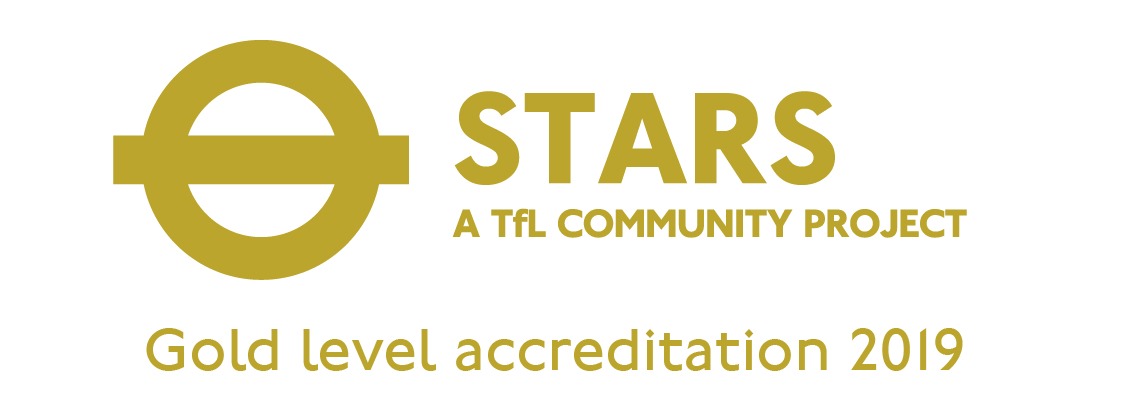The Department for Education (DfE) is responsible for child protection in England. It sets out policy, legislation and statutory guidance on how the child protection system should work.
Why legislation is important for safeguarding children
Legislation provides the framework for safeguarding and child protection in England. It makes clear the expectations and requirements around duties of care to children and creates accountability for these. The main legislation in England is the Children Act 1989, the Children Act 2004 and the Children and Social Work Act 2017.
Who is responsible for safeguarding and child protection
Local safeguarding partners are responsible for child protection policy, procedure and guidance at a local level.
The local safeguarding arrangements are led by three statutory safeguarding partners:
- the local authority
- the integrated care board (ICB, previously clinical commissioning group or 'CCG')
- the police.
Working together with other relevant agencies, they must co-ordinate and ensure the effectiveness of work to protect and promote the welfare of children, including making arrangements to identify and support children at risk of harm.
Legislation and Guidance
What legislation relates to child safeguarding?
In England, child safeguarding legislation is covered by three main acts:
- Children Act 1989
- Children Act 2004
- Children and Social Work Act 2017
Together, these provide the framework for child protection and safeguarding.
Child Act 1989
The Children Act 1989 provides the legislative framework for child protection in England. Key principles established by the Act include:
- the paramount nature of the child’s welfare
- the expectations and requirements around duties of care to children.
https://www.legislation.gov.uk/ukpga/1989/41/contents
Children Act 2004
This is strengthened by the Children Act 2004, which encourages partnerships between agencies and creates more accountability, by:
- placing a duty on local authorities to appoint children’s services members who are ultimately accountable for the delivery of services
- placing a duty on local authorities and their partners to co-operate in safeguarding and promoting the wellbeing of children and young people.
https://www.legislation.gov.uk/ukpga/2004/31/contents
Children and Social Work Act 2017
The Children and Social Work Act 2017 amends both the Children Act 1989 and the Children Act 2004 and received Royal Assent on 27 April 2017. Key provisions include:
- the Child Safeguarding Practice Review Panel was established to review and report on serious child protection cases that are complex or of national importance (Sections 12 to 15).
- the previous model of Local Safeguarding Children’s Boards (LSCBs) has been replaced by local safeguarding partners who will publish reports on local safeguarding practice reviews (Section 17).
- child death review partners are required to review each death of a child normally resident in their area and identify matters that are relevant to public health and safety and children locally (Section 24).
- local authorities must appoint personal advisers for care leavers up to the age of 25 (Section 3).
- Social Work England is created as a regulatory body for the social work profession in England (Section 36).
- relationships education will be provided to primary school children and relationships and sex education will be provided (instead of sex education) in secondary schools (Section 34).
https://www.legislation.gov.uk/ukpga/2017/16/contents/enacted
Policy and guidance
Working Together to Safeguard Children
Department for Education 2018
The Department for Education (DfE) published an updated version of the key statutory guidance for anyone working with children in England in July 2018. It sets out how organisations and individuals should work together and how practitioners should conduct the assessment of children.
This latest guidance updates the previous version published in 2015.
The main changes are:
- three safeguarding partners: chief officers of police, integrated care boards (ICBs, previously clinical commissioning groups or 'CCGs') and local authorities replace local safeguarding children boards (LSCBs), working together with relevant agencies to protect the welfare of children in their area (Chapter 3)
- child death review partners are required to make provisions to review child deaths, replacing the previous requirement on LSCBs (Chapter 5, Section 6)
- responsibility for overseeing lessons learned from serious child safeguarding incidents lies with the Child Safeguarding Practice Review Panel at a national level, and with the safeguarding partners at a local level (Chapter 4, Section 5)
- early years providers are required to have policies and procedures to safeguard children in place (Chapter 2, Section 14). This relates to children from birth up to 1st September following the date on which they turn 5-years-old.
Other amendments include:
- integrated care boards should employ or contract the expertise of designated health professionals for safeguarding children
- children's homes must follow the Guide to the Children’s Homes Regulations, including the quality standards (Department for Education, 2015)
- multi-Agency Public Protection Arrangements (MAPPA), including governing bodies of maintained schools, police, prison and probation services, should work closely with other relevant agencies to manage the risks posed by violent and sexual offenders within the community.






